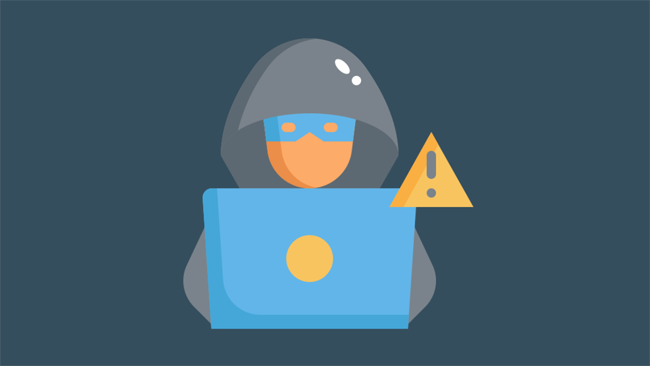How much is your personal information worth to you? Marketers and cybercriminals alike reap enormous benefits from it. They use methods like “Browser Fingerprinting” to monitor what you do when you’re online. You may find it unsettling to think about this method of tracking – after all, we tend to think we’re anonymous online.
But how does it work? Simply said, your browser fingerprint is formed by a combination of factors that are unique to your browser and device. It may be your operating system, language, screen resolution, typefaces, plugins, and user agent.
Browser fingerprints are inherently more challenging to manipulate compared to cookies. In contrast to third-party cookies, there is currently no regulation mandating the cessation of browser fingerprinting by websites. Also, fingerprinting makes it possible to identify the majority of web clients. That clearly is a reason for us to worry about our privacy while surfing the web.
To put your mind at ease, we’ve put together all the information and tools you need against browser fingerprinting. This guide will help you easily navigate the Internet and make the most of technology while avoiding the claws of cyber criminals
How Browser Fingerprinting Affects Your Online Privacy
If cybercriminals are able to get your browser fingerprint, they can use it to steal your personal information. Who knows what these crooks will do to such sensitive data. This means you are not totally safe and secure while using the internet.
Although there is no direct correlation between browser fingerprinting and “Pig Butchering” schemes, it does increase your susceptibility to these types of fraud. Scammers might use the information about you that browser fingerprinting collects to make their schemes seem more legitimate. But scammers aren’t the only threat. More and more businesses are using browser fingerprinting to tailor their ads to your specific interests, habits, and activities.
This process also has an impact on the prices you get when shopping online. Your browser fingerprint could determine whether you get a good deal or end up paying more. For instance, advertisers may charge you a higher price if you use a fancy device, live in a posh neighborhood, or appear to be a serious buyer. That’s price discrimination.
Concerns regarding fairness and consumer rights are heightened by this pricing method that relies on personal consumer information. There needs to be a thorough investigation and regulatory review of such conduct.
Your online experience is shaped by your browser fingerprint. Censorship becomes an issue when websites use this signature to tailor content to an individual’s interests and opinions.
How to Reduce Your Browser Fingerprint and Enhance Your Online Security
Now, you get the concept of a browser fingerprint and its impact on your privacy. Let us explore methods to maintain our privacy while also enjoying the benefits of the Internet. Surprisingly, numerous individuals face difficulties in striking a suitable balance between online privacy and user-friendliness. You’ll be glad to learn that protecting your data takes only a few simple tools.
- To surf the web securely, use a virtual private network (VPN). Usually, you’ll find a good VPN for Android, Windows, and iOS without any problems. This technology creates a safe and encrypted connection between your device and a remote server. By masking your browser’s digital footprint, VPNs shield users’ online identities. Websites have a more difficult time identifying you when your IP address and physical location are concealed.
- Pick a reliable VPN provider. You need to pick a service you can trust, and that will protect your privacy and safety. A no-log policy would be best because it means the VPN provider will not collect, store, or share your data. Of course, you also need to make sure that your VPN uses strong security algorithms. For faster research, explore VPN comparison tables.
- You might want to look into using a browser that blocks trackers. Switch to a browser that disables scripts, cookies, ads, and information that track you. Adding an extension is another way to protect your privacy on your computer. You can change your browser’s privacy settings by choosing private or anonymous mode. Fingerprinting will continue to exist, but there will be less information to store.
- Do not forget to update your browser. Always use the most recent version of your browser. Regular updates from the developers improve both security and functionality.
- Invest in a password manager. Preventing hacking, phishing, and identity theft requires good password hygiene. By using robust and distinct passwords, you disrupt the patterns that cybercriminals depend on. You can simplify this process with a password manager, which will help you avoid using easy-to-guess passwords or reusing them for other accounts.
Conclusion
Your computer can inadvertently disclose personal information about you. That sounds terrifying, but we can examine ways to protect yourself.
Websites collect information through many means, such as browser fingerprints, IP addresses, and cookies. You can enjoy privacy and keep personal information safe by learning how they collect this information and taking the right steps. It’s very important to keep cybercriminals and marketers from making a profile of your habits and likes. Prevent cyberattacks by protecting your personal information. Take the necessary precautions to ensure your privacy when using the internet.



Leave a comment
Have something to say about this article? Add your comment and start the discussion.